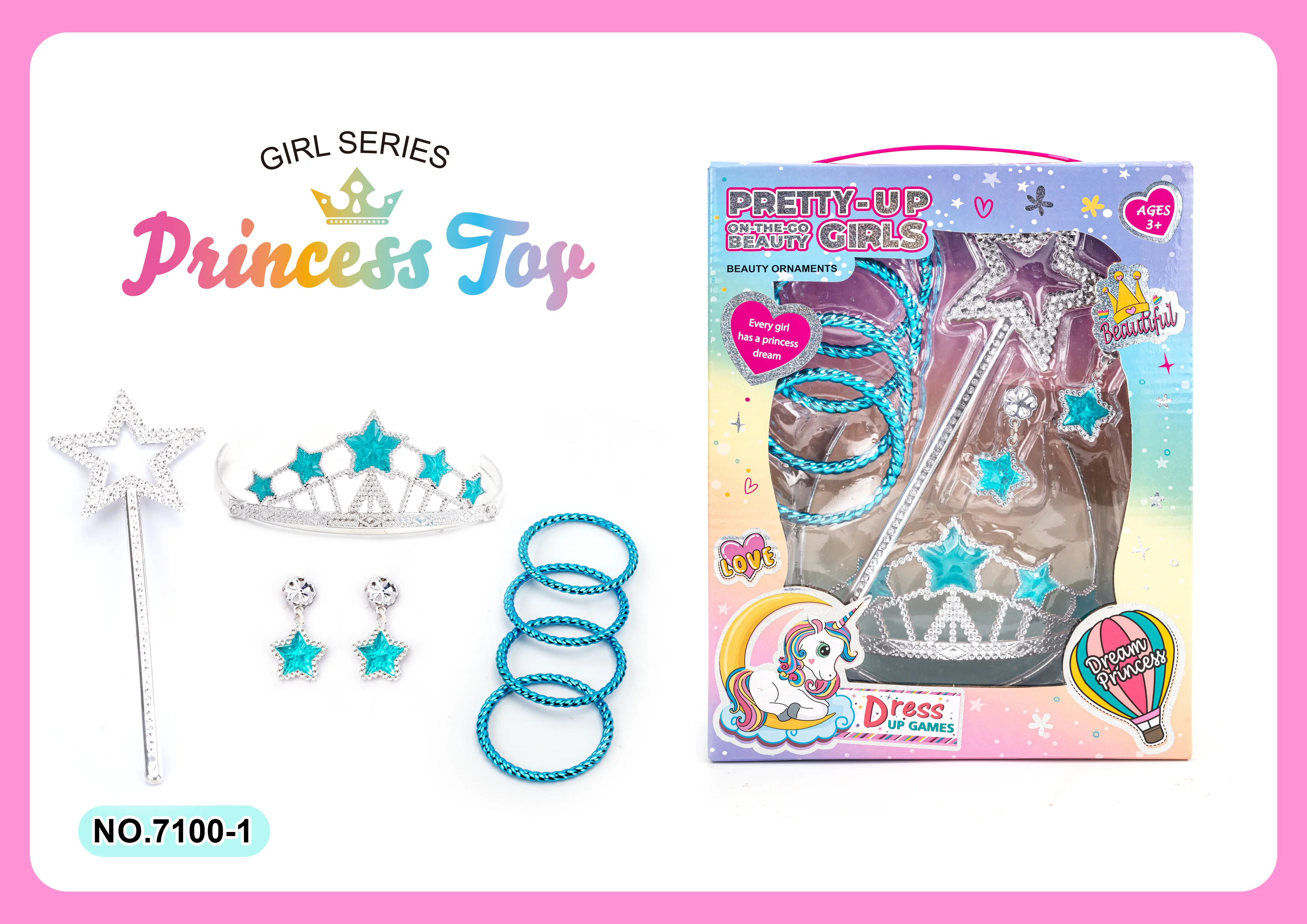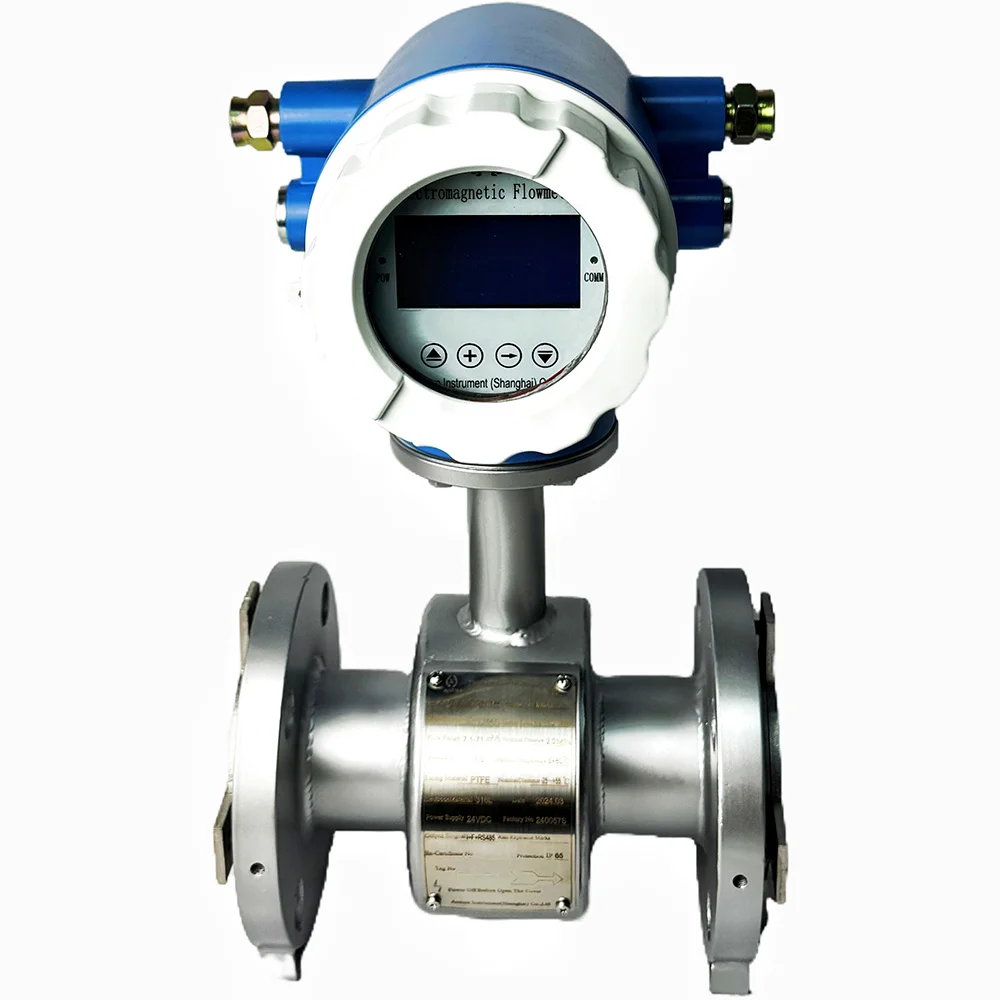Unveiling the Truth: Can Household Cleaners be Safely Used on Your Car?
Maintaining the cleanliness and appearance of your car is essential for its longevity and overall appeal. With a wide range of household cleaners readily available, it's tempting to use them on your car's exterior and interior surfaces. However, before reaching for that bottle of multipurpose cleaner, it's crucial to understand the potential risks and benefits associated with using household cleaners on your beloved vehicle.
- The Importance of Proper Car Cleaning:
Proper car cleaning not only enhances its visual appeal but also protects the paintwork, prevents corrosion, and maintains the value of your vehicle. However, using the wrong cleaning products can lead to irreversible damage, leaving you with costly repairs. Therefore, it's vital to choose the right cleaners for your car. - Understanding Household Cleaners:
Household cleaners are designed for various surfaces within our homes, such as countertops, floors, and appliances. While they may effectively remove dirt and grime from these surfaces, they often contain chemicals that can be harmful to automotive finishes. Common ingredients like ammonia, bleach, and abrasive agents can cause paint fading, staining, and even corrosion. - Potential Risks of Using Household Cleaners on Your Car:
a) Paint Damage: Many household cleaners contain harsh chemicals that can strip away the protective wax layer, leading to paint damage and fading.
b) Staining: Certain cleaners may contain dyes or colorants that can stain upholstery, carpets, or even leather seats.
c) Corrosion: The acidic nature of some household cleaners can corrode metal surfaces, such as chrome accents or aluminum wheels.
d) Interior Damage: Using household cleaners on delicate interior surfaces like leather, vinyl, or plastic can cause cracking, discoloration, or deterioration. - Safe Alternatives for Car Cleaning:
a) Automotive-Specific Cleaners: Opt for cleaners specifically formulated for cars, as they are designed to be gentle on automotive surfaces while effectively removing dirt and grime.
b) pH-Neutral Cleaners: pH-neutral cleaners are less likely to cause damage to paintwork or interior surfaces. They provide a safe and effective cleaning solution for your car.
c) Microfiber Cloths and Soft Brushes: When cleaning your car, use microfiber cloths and soft brushes to minimize the risk of scratches and swirl marks. - Best Practices for Car Cleaning:
a) Pre-Rinse: Before applying any cleaner, thoroughly rinse your car to remove loose dirt and debris.
b) Test in an Inconspicuous Area: Always test a small, hidden area before applying any cleaner to ensure compatibility and avoid potential damage.
c) Follow Manufacturer's Instructions: Read and follow the instructions provided by the cleaner's manufacturer to achieve the best results without causing harm.
d) Regular Maintenance: Regularly wash and wax your car to protect the paintwork and maintain its shine.
Conclusion:
While household cleaners may seem convenient, they pose potential risks to your car's exterior and interior surfaces. To ensure the longevity and appearance of your vehicle, it's best to opt for automotive-specific cleaners and follow proper cleaning techniques. By doing so, you can maintain a pristine car without compromising its value or risking unnecessary damage.





